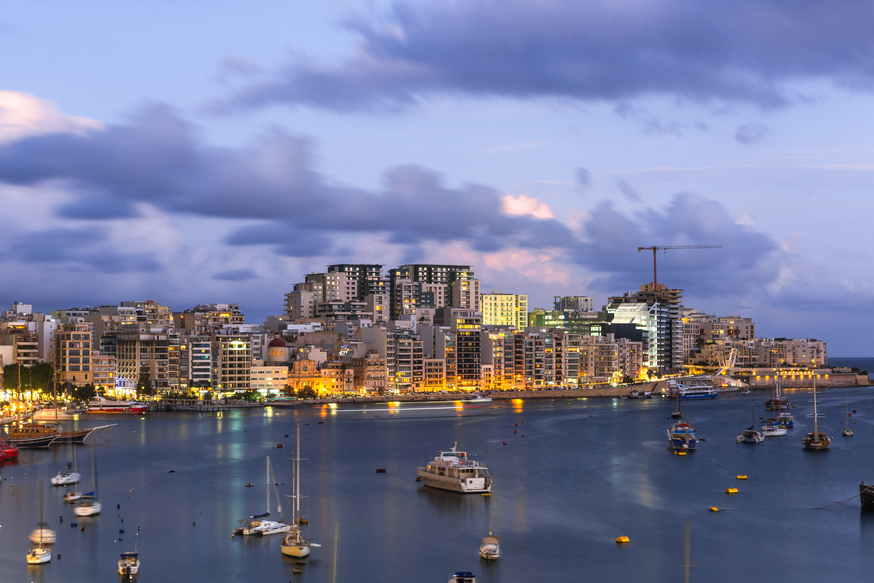In 2020, Government spending on economic affairs and health increased significantly over the previous year, driving up expenditure as a percentage of GDP from 36 er cent in 2019 to 45.9 per cent in 2020.
Social protection remained the core function of government expenditure, representing 26.1 per cent of total General Government expenditure.
According to figures released by the National Statistics Office (NSO), total Government expenditure increased by €946.5 million over 2019, amounting to €6,001.8 million.
Social protection remained the primary expenditure function, amounting to €1,569.4 million. This represents an annual increase of €116.9 million, mainly attributable to a rise of €78.2 million in social benefits.
Expenditure on economic affairs amounted to €1,311.8 million, registering the highest expenditure increase over 2019, that of €552.1 million. This was highly affected by the COVID-19 pandemic and subsequent government measures to mitigate its adverse effects, particularly the COVID-19 Business Assistance Programme of €394.6 million and a further €40.2 million spent on the Economic Regeneration Voucher Scheme.
Total outlay on health stood at €939.9 million, a rise of €207.7 million, the second largest increase over 2019, mainly as a result of an increase of €120.5 million in public health services spent on COVID-19 related expenditure such as the purchases of equipment, sanitation products, swabbing and testing services and several repatriation and cargo flights.
This was followed by expenditure on education and general public services, which amounted to €766.8 million and €729.0 million, respectively. The increase in education expenditure of €54.3 million was mainly on account of higher compensation of employees (€23.2 million), capital expenditure (€18.9 million) and social transfers in kind (€10.8 million), predominantly the provision of free school transport.
Expenditure on general public services amounted to €729.0 million, a marginal increase of €3.3 million over 2019.
Almost all functions of general Government expenditure registered an increase, except for defence, environment protection and housing and community amenities.
In 2020, the highest share of General Government expenditure was spent on social protection, which accounted for 26.1 per cent of the total outlay. This was followed by economic affairs (21.9 per cent), health (15.7 per cent), education (12.8 per cent) and general public services (12.1 per cent).
Expenditure on environment protection registered a share of 3.3 per cent, while public order and safety recorded a share of 3.2 per cent.
Similar to 2019, expenditure on housing and community amenities had the lowest share of total expenditure, followed by defence, amounting 1.0 and 1.1 per cent, respectively.

Spending on economic affairs as a share of total general Government expenditure registered an increase of 6.8 percentage points over 2019, which represented the highest increase. Decreases in the share of expenditure were noted mainly for social protection and general public services, down by 2.6 and 2.2 percentage points, respectively.
General Government expenditure as a percentage of GDP increased by almost 10 percentage points, from 36.0 in 2019 to 45.9 per cent in 2020.
Similar to the previous four years, when considering the components of eneral Government expenditure by function for 2020, a considerable share of government outlay was in the form of wages and salaries (26.4 per cent), social benefits in cash or in kind (22.4 per cent) and intermediate consumption (19.7 per cent).
Għajn Tuffieħa Bay named ‘most beautiful beach in Europe’ for 2024 by European travel platform
The results are based on the votes of 103,224 worldwide travellers
MDA says April 2024 broke records with value of promise of sale agreements surging by 14.4%
A report from the MDA highlights that there were 1,385 promise of sale agreements last month
1,695 businesses found employing non-EU workers illegally in 2023
The figure amounts to a significant portion of all employers in Malta






